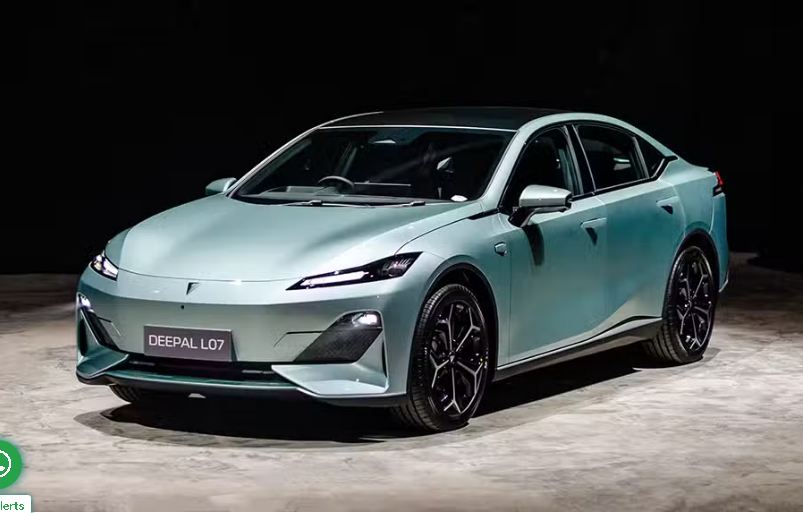Master Changan Motors Limited (MCML) plans to launch its popular electric vehicle (EV) brand, the Deepal S07 SUV and L07 Sedan variants shortly. Although the company hasn’t confirmed the news officially, a senior executive hinted at the upcoming introduction of an electric vehicle, without revealing any specifics about the model.
Under the ambit of the Vast Ocean Plan, Changan, MCML’s parent company, has unveiled three distinct electric vehicle brands – Avatar, Deepal, and Nevo – tailored to cater to diverse customer segments. Syed Shabbiruddin, Director of Sales and Marketing at MCML, revealed that the company plans to introduce one of these electric vehicle brands to the Pakistani market soon.

Insider sources revealed that MCML is in the advanced stages of preparing for the launch of the Deepal S07, a versatile mid-size crossover SUV, and the Deepal L07, a sleek fastback sports sedan, both crafted by Deepal, Changan’s electric vehicle subsidiary. Having jointly developed its EV-centric platform in collaboration with industry stalwarts Huawei and CATL, Changan recently unveiled the Deepal L07 sedan and Deepal S07 SUV in Thailand, a market similar to Pakistan in terms of right-hand drive preferences. Shabbiruddin is confident about the potential of electric vehicles in Pakistan.
He emphasized the burgeoning demand driven by Pakistan’s youthful demographic, projected to necessitate an additional 360,000 vehicles by 2030. Moreover, the declining cost of EV batteries is expected to go below $99/kWh by 2027, which will catalyze widespread adoption globally.
However, Shabbiruddin also highlighted several challenges confronting EV proliferation in Pakistan, including regulatory hurdles such as the classification of EVs based on battery capacity, which disincentivizes certain models. Moreover, stringent price regulations at charging stations pose a barrier to investment in charging infrastructure, hindering the sector’s viability. To overcome these obstacles, Shabbiruddin proposed recalibrating the classification criteria to incentivize all categories of pure EVs. He also advocated for policy amendments to facilitate easy financing and subsidize interest rates for EV purchases. Furthermore, he stressed the importance of enhancing charging station margins and conducting mass awareness campaigns on EV battery handling and storage practices.


Comments are closed, but trackbacks and pingbacks are open.